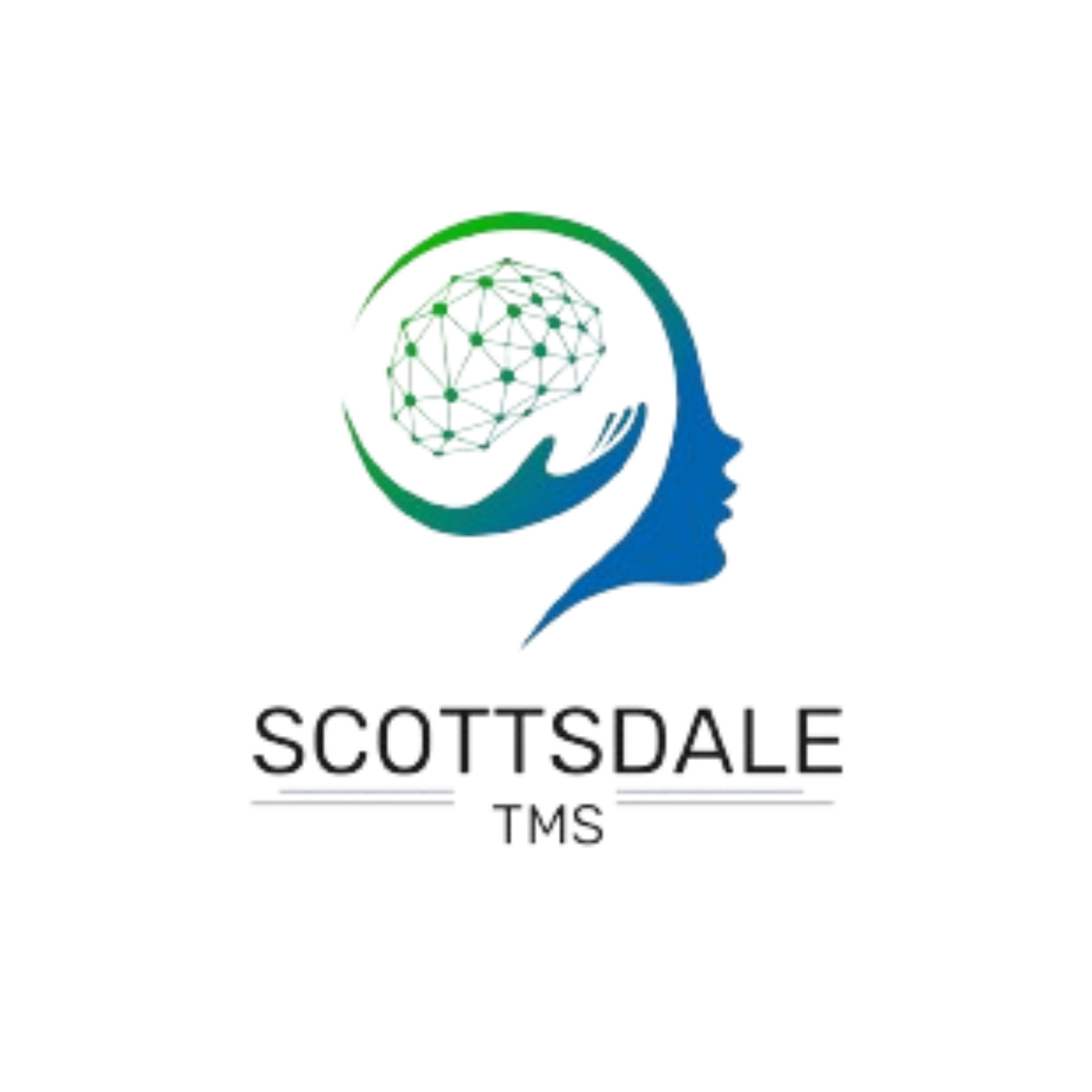Depression is a common mental health condition affecting millions worldwide. Many people in Phoenix, AZ, and beyond struggle with symptoms of depression that impact their daily lives. While traditional options like antidepressant medications and talk therapy have helped many, some seek alternatives without the side effects of drugs. This is where Phoenix TMS therapy comes in — a promising, FDA-approved non-drug depression treatment using magnetic pulses to stimulate specific areas of the brain.
In this article, we’ll explore what transcranial magnetic stimulation (TMS) therapy is, how it works, who can benefit, its advantages and side effects, and why it’s becoming a popular choice for treating depression in Phoenix and other areas.
Questions Answered in This Article:
Our Alcohol Addiction Treatment Programs

Scottsdale Rehab
Luxury Personalized Rehab

Hart Rehab
Holistic Luxury Personalized Rehab

Scottsdale Detox
Luxury Medical Detox
What is Transcranial Magnetic Stimulation (TMS) Therapy?
TMS therapy is a non-drug depression treatment that uses magnetic fields to target specific areas of the brain involved in mood regulation. Unlike antidepressant medications that affect the entire body, TMS sends small, painless magnetic pulses to stimulate nerve cells in parts of the brain linked to depression.
These magnetic pulses are delivered through a coil placed near the scalp, and over several treatment sessions, the brain gradually responds, which may help improve symptoms of major depressive disorder and other mood conditions.
How Does TMS Therapy for Depression Work?
The brain has different regions that control mood, emotions, and thinking. In people with major depressive disorder or other mood conditions like obsessive compulsive disorder (OCD), some of these areas may not function properly.
Transcranial magnetic stimulation Phoenix therapy targets these brain areas with magnetic fields to “wake up” or activate them. The magnetic pulses cause small electrical currents in the nerve cells, encouraging brain activity that may have slowed due to depression.
Unlike drugs, TMS does not enter the bloodstream or affect other parts of the body. This means fewer risks of common side effects such as weight gain, fatigue, or digestive problems that can come with antidepressant medications.
Who Can Benefit from TMS Treatment?
TMS therapy for depression is especially helpful for people with depression who:
- Have not found success with antidepressant medications or want to avoid their side effects
- Experience moderate to severe symptoms of depression
- Prefer a non-invasive, drug-free treatment
- Want a therapy with minimal downtime and few risks
Doctors in Phoenix, AZ, may recommend TMS therapy when traditional treatments like talk therapy or antidepressants have not worked well. It is also being studied for conditions such as obsessive compulsive disorder (OCD) and anxiety disorders.
What Happens During Treatment Sessions?
Before beginning TMS therapy, a healthcare provider will evaluate your symptoms and medical history to see if TMS is suitable. Each session lasts about 30 to 40 minutes.
During treatment, you sit comfortably while a magnetic coil is placed near your scalp over the targeted brain region. The device delivers short bursts of magnetic pulses, which some describe as a tapping or clicking sensation. Most patients experience little to no discomfort.
Typical treatment involves daily sessions over 4 to 6 weeks, but the exact number depends on individual needs and response.
What Are the Benefits and Side Effects of TMS Therapy?
Benefits:
- Non-Drug Treatment: Ideal for those sensitive to medication side effects or wanting a natural alternative.
- FDA Approved: The Food and Drug Administration (FDA) has approved TMS therapy for treating depression, ensuring its safety and effectiveness.
- Minimal Side Effects: Side effects are generally mild, including scalp discomfort or headaches that usually go away quickly.
- Improved Mood and Functioning: Many patients report better mood, more energy, and improved daily functioning after treatment.
- No Downtime: You can return to your normal activities immediately after each session.
Side Effects:
TMS therapy is generally well tolerated. Most side effects are mild and short-lived, such as:
- Scalp tingling or discomfort during sessions
- Headaches
- Rarely, seizures (very uncommon and typically in patients with specific risk factors)
Combining TMS Therapy with Other Treatments
While TMS therapy works well on its own, it can also be combined with other treatments for a more comprehensive approach. For example, many patients continue talk therapy or practice regular exercise to support mental health.
Using TMS alongside counseling or behavioral therapies can help address the emotional and psychological aspects of depression. This combined approach can lead to longer-lasting recovery.
Important Things to Know
- TMS is not a cure-all; results vary among individuals.
- It’s important to maintain ongoing care with your healthcare provider.
- TMS does not cause memory loss or affect cognitive functions negatively.
- Discuss any medical conditions with your doctor before starting treatment.
- Insurance coverage for TMS varies but is becoming more common as evidence of its benefits grows.
Why Choose Phoenix TMS Therapy?
Living with depression is difficult, but effective treatment options exist. Phoenix TMS therapy offers depression treatment without medication by directly targeting the brain with magnetic pulses. It provides hope to those who have struggled with traditional therapies.
If you live in Phoenix, AZ, and are looking for alternatives to antidepressants or have not found relief with medications, TMS therapy could be a safe, FDA-approved option to help regain control of your mental health.
Path to Recovery with Non-Drug Depression Treatment
Depression affects every part of life, but transcranial magnetic stimulation offers a promising way to heal without the side effects of drugs. Through targeted magnetic pulses, TMS therapy stimulates key areas of the brain involved in mood, leading to lasting improvements.
Whether you’re newly diagnosed or have struggled with traditional treatments, talk to your healthcare provider about Phoenix TMS therapy. This non-drug depression treatment could be your next step toward better mental health.

